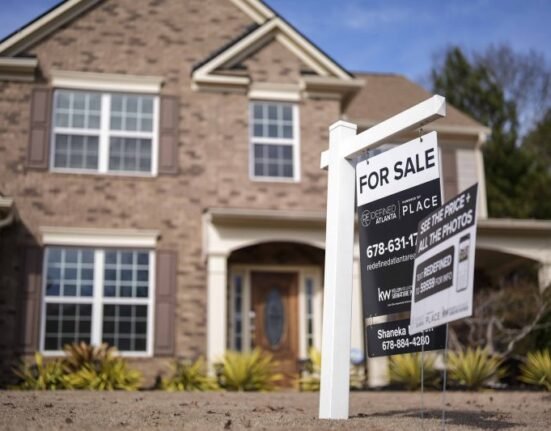“When you’ve got a lot of vacant buildings, the inability to be able to capture foot traffic is a big issue,” said Kristel Porter, executive director of the West Broadway Business and Area Coalition. “We’ve had a lot of businesses that were actually doing very well and have relied on a lot of pop-up activities that happen in our community … but we’ve lost them to Midtown Global Market, Central Avenue, Lake Street.”
Several owners of vacant buildings on W. Broadway did not respond to questions from the Star Tribune. But over the years the city has interacted with owners overwhelmed by financial distress, those who inherited properties they never wanted, and those who won’t spend money on keeping up buildings from which they’ve squeezed all economic value. Some W. Broadway boosters suspect these owners are holding out for eminent domain to make way for the light rail.
Council Member Jeremiah Ellison has heard a mix of excuses, none of which justifies perpetual neglect, he said.
“Look, if you’re a landlord who just got in over your head, city staff is willing to engage with you in order to activate your building,” he said. “If it’s, ‘I’m sitting on this because I think I can land a huge windfall down the line,’ well, we’re going to make that a lot tougher for you.”
Some of the loudest advocates for a stronger response to vacant homes are the people who live near the apartments of C. David George, Minneapolis’ most mysterious landlord.
In 2022, George’s 40-unit apartment in Loring Park caught fire after being condemned, boarded up and repeatedly broken into by squatters. Within a few months, another George building in the Wedge caught fire and was reduced to a giant pile of rubble that wasn’t cleared for a year.







